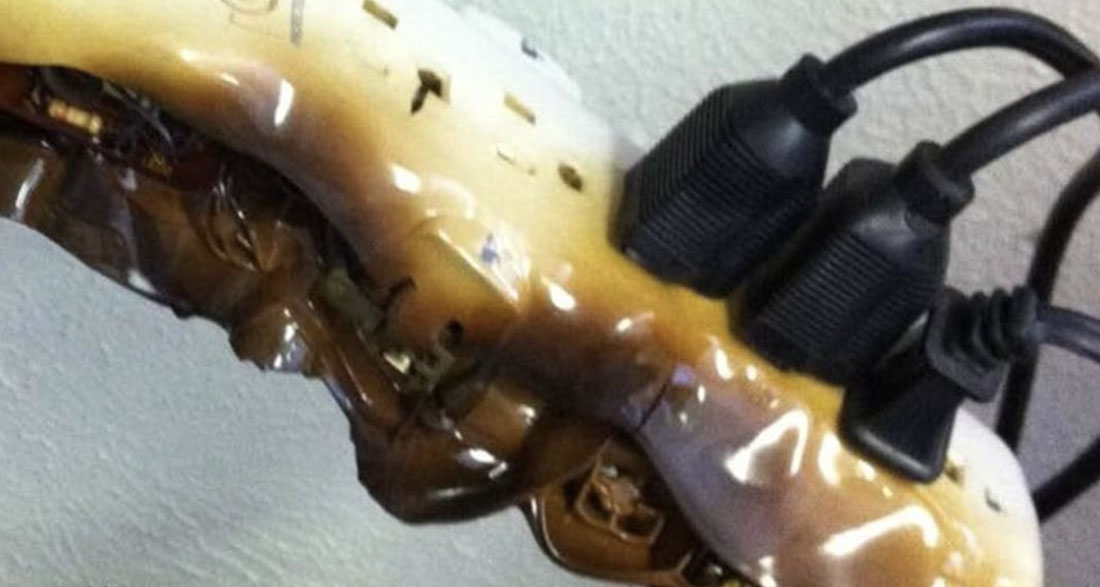Stay Warm and Safe This Winter: Important Tips for Using Space Heaters
As the chilly months settle in across the northern hemisphere, everyone is firing up their heating systems. Many people also dig out their space heaters to stay cozy. But here’s a crucial safety tip from firefighters: never plug your space heater into a power strip.
Why You Should Never Use a Power Strip for Space Heaters
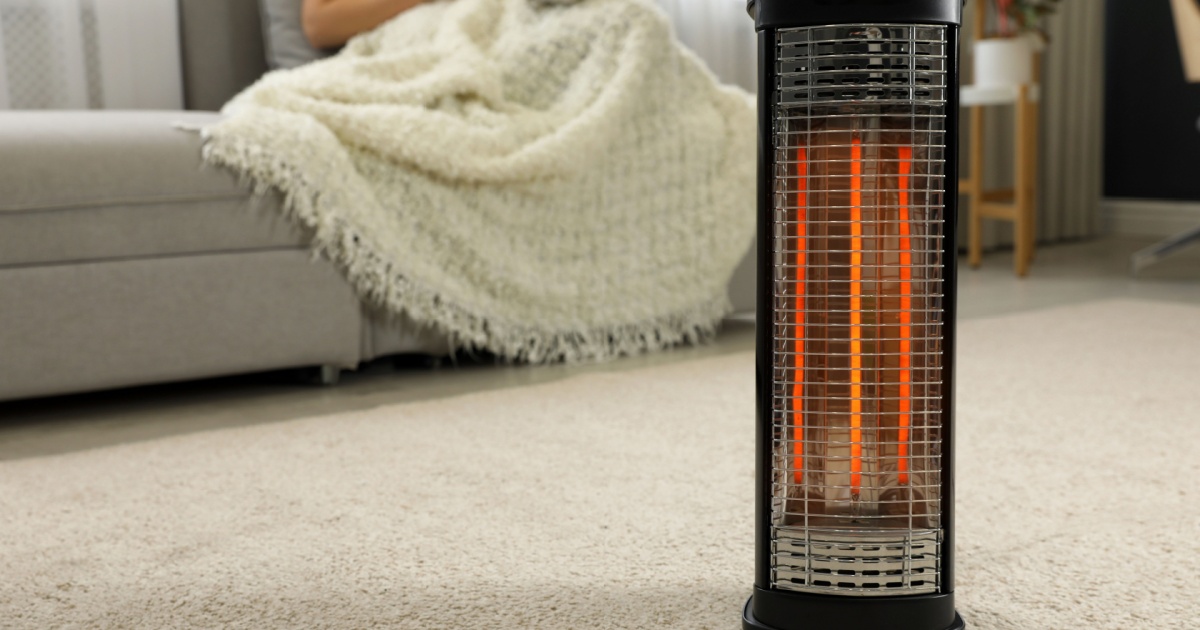
When winter arrives, people everywhere use space heaters to stay warm. Oregon firefighters recently shared an important safety tip on Facebook: “You should never plug a heater into a power strip.” They explained, “These units are not designed to handle the high current flow needed for a space heater and can overheat or even catch fire due to the added energy flow.”
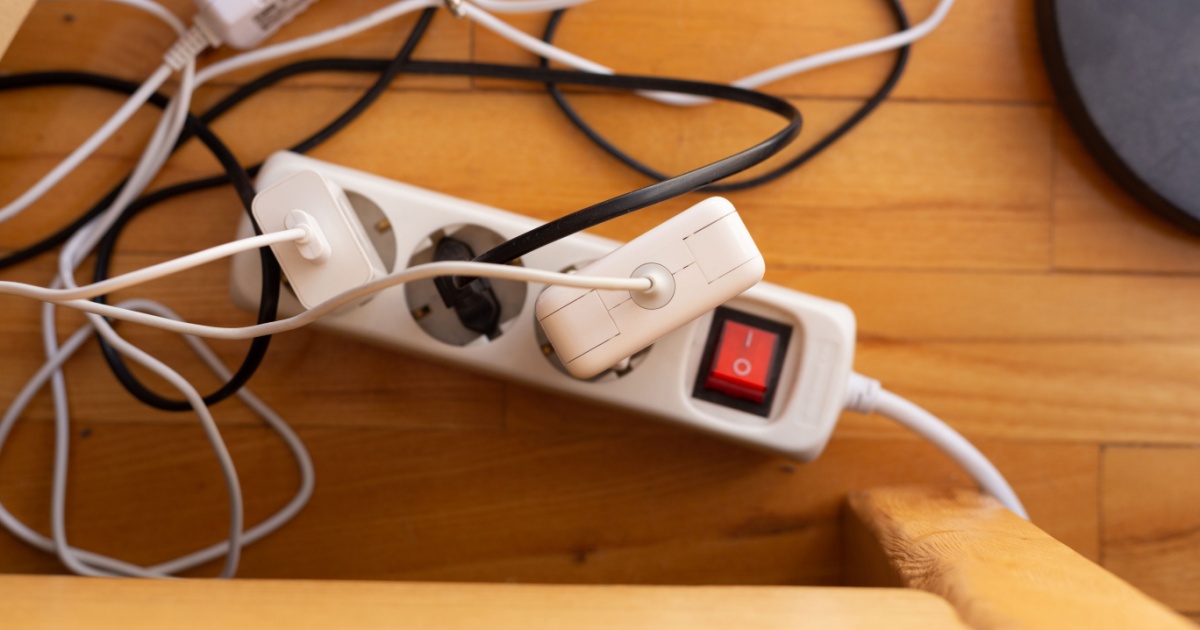
Real Dangers of Improper Space Heater Use
Oregon firefighters aren’t the only ones spreading the word. In Toledo, Ohio, the fire department issued a similar warning after a space heater caused a house fire. The heater set a couch on fire, and the entire house was soon engulfed in flames. Space heaters can reach temperatures of up to 600 degrees Fahrenheit, so using them safely is essential.
Tips for Safe Space Heater Use
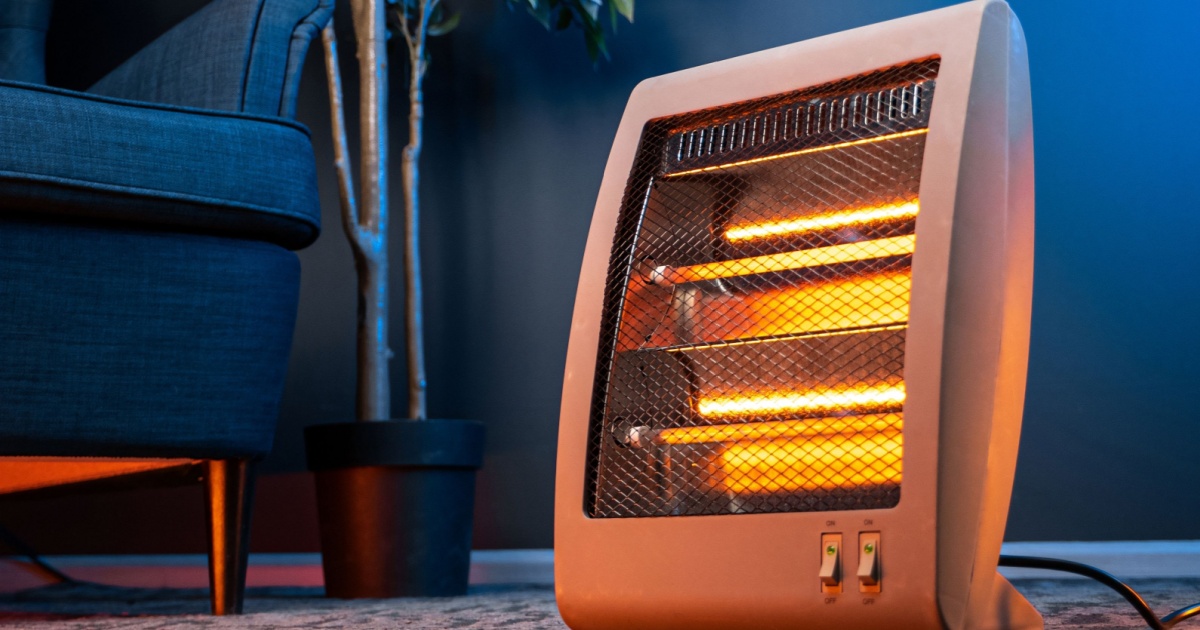
To keep your home safe, follow these tips:
Plug Directly into Wall Outlets: Always plug space heaters directly into wall outlets, never into power strips.
Keep Space Around the Heater: Maintain at least three feet of space around your heater at all times.
Supervise Your Heater: Never leave your heater on when you’re asleep or out of the room. Always keep an eye on it.
Place on Flat Surfaces: Make sure your heater is on a level, flat surface. Never put it on cabinets, tables, furniture, or carpet.
How to Prevent Electrical Fires at Home
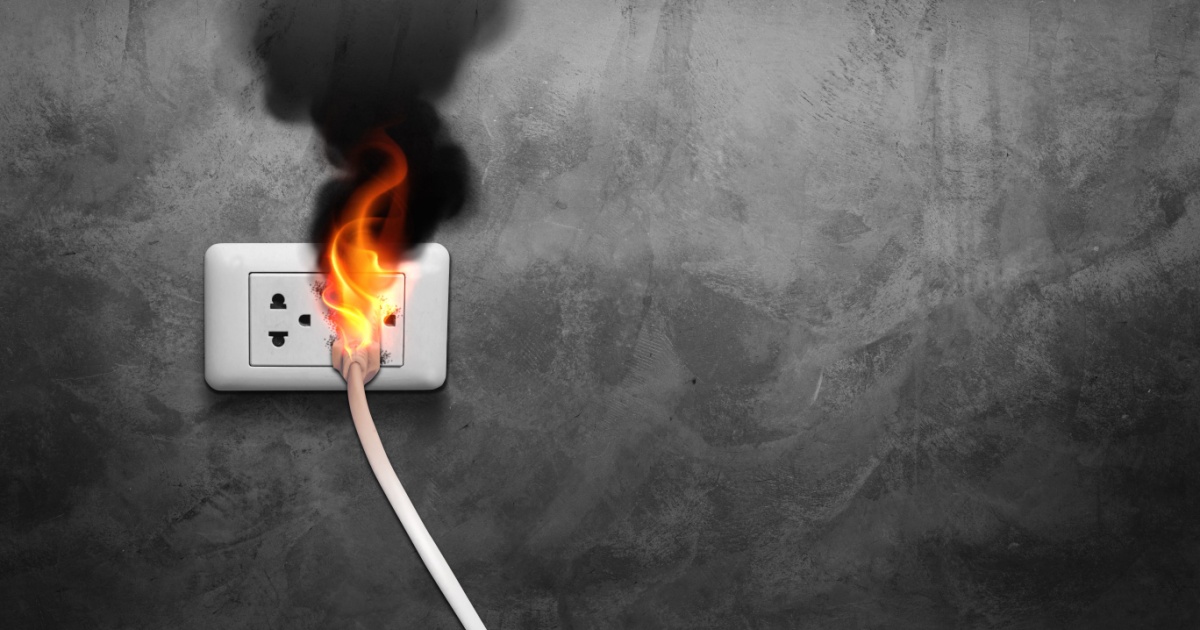
Even during the coldest months, electrical fires can be prevented. Here are some top tips to stay fire-safe:
Unplug Heat-Producing Gadgets:When not in use, unplug hair styling tools, kettles, and heaters. These items can overheat if left on too long or can turn on due to electrical surges.

Use Extension Cords Temporarily: Extension cords are for short-term use only. If you need more outlets, have an electrician install them.
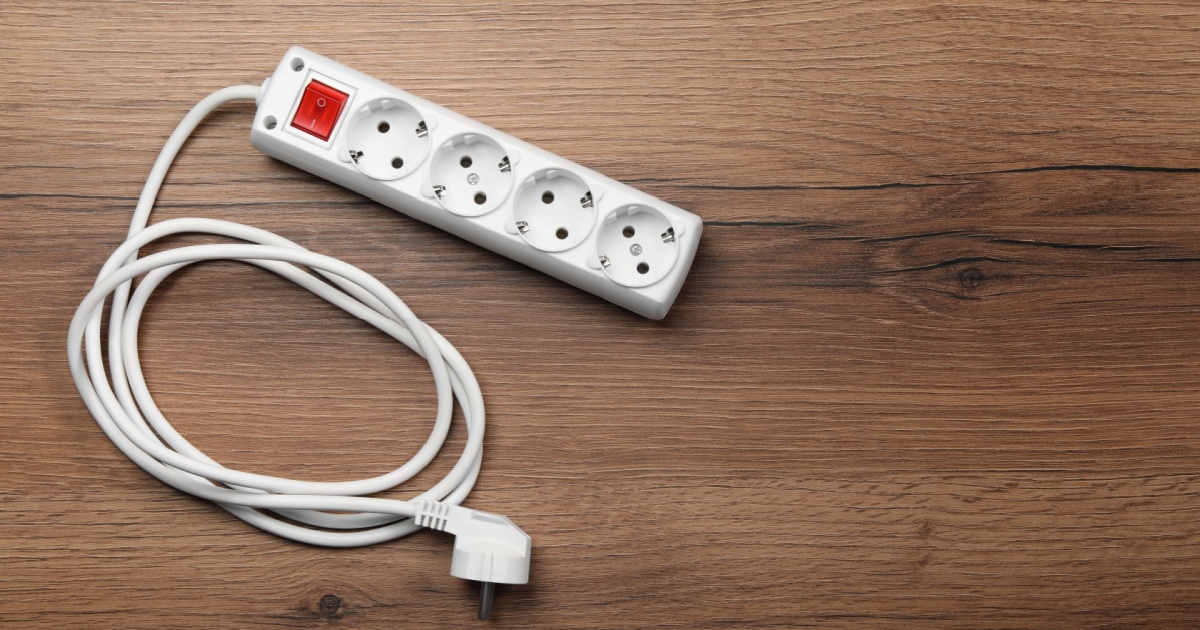
Keep the Third Prong: The third prong on a power cord protects against power surges. If your outlets are outdated, consider upgrading them.
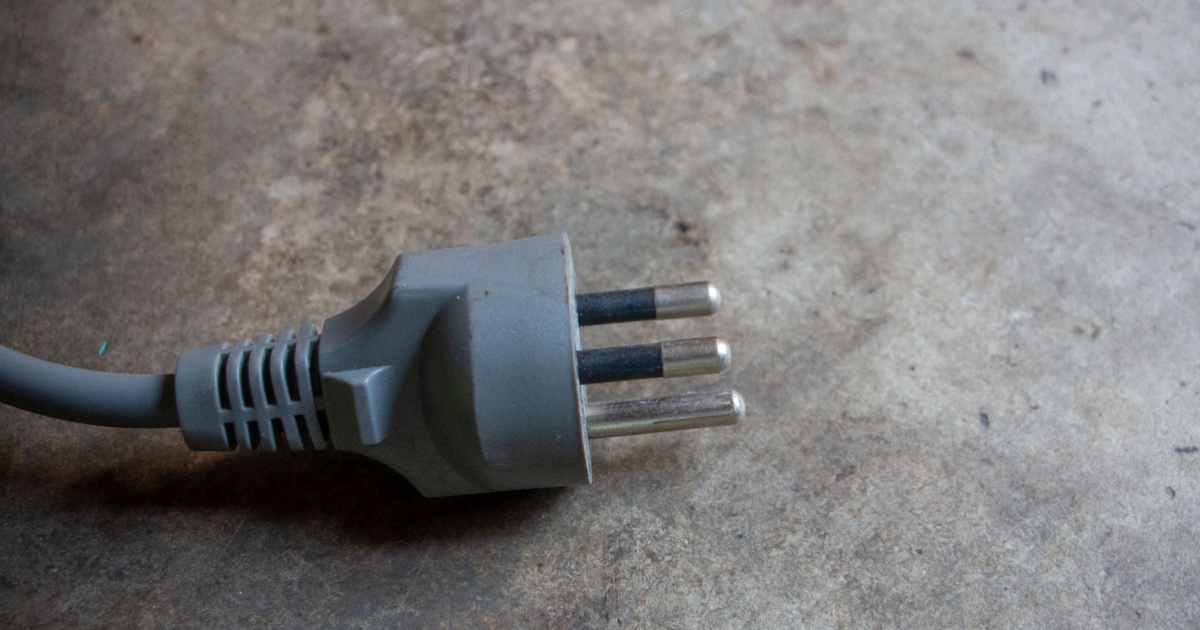
Update Your Electrical System: If your home is old, its electrical system might be outdated. Have an electrician check and possibly upgrade it to prevent overheating and fires.
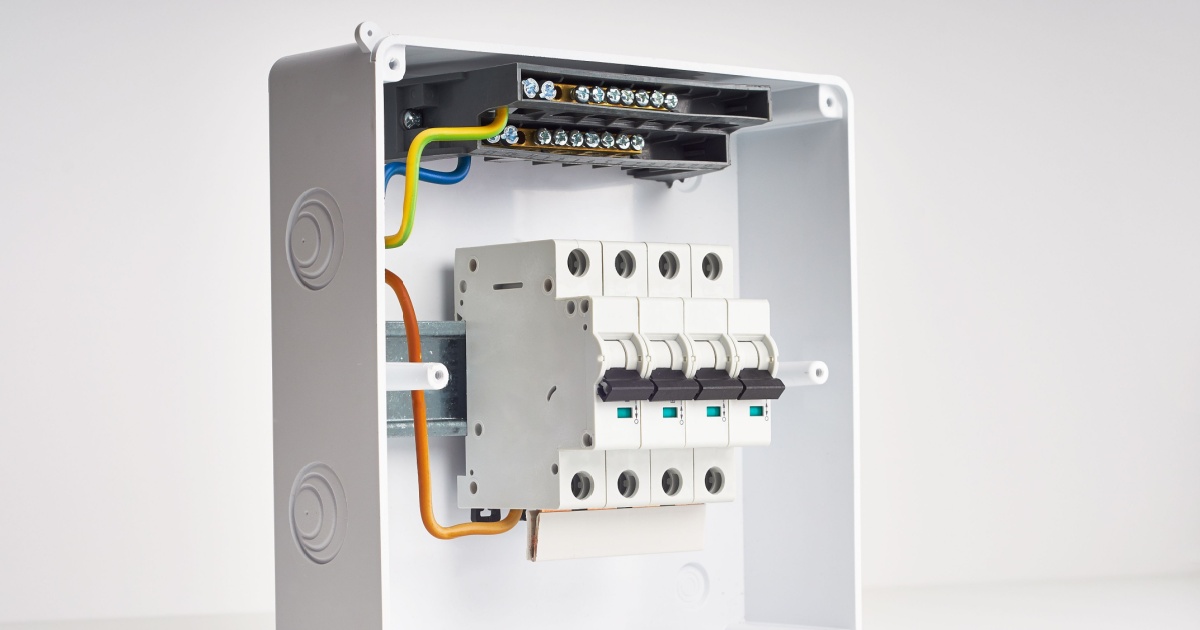
Avoid Damaged Power Cords: Don’t use power cords that are frayed, have broken prongs, or are loose from the plug.
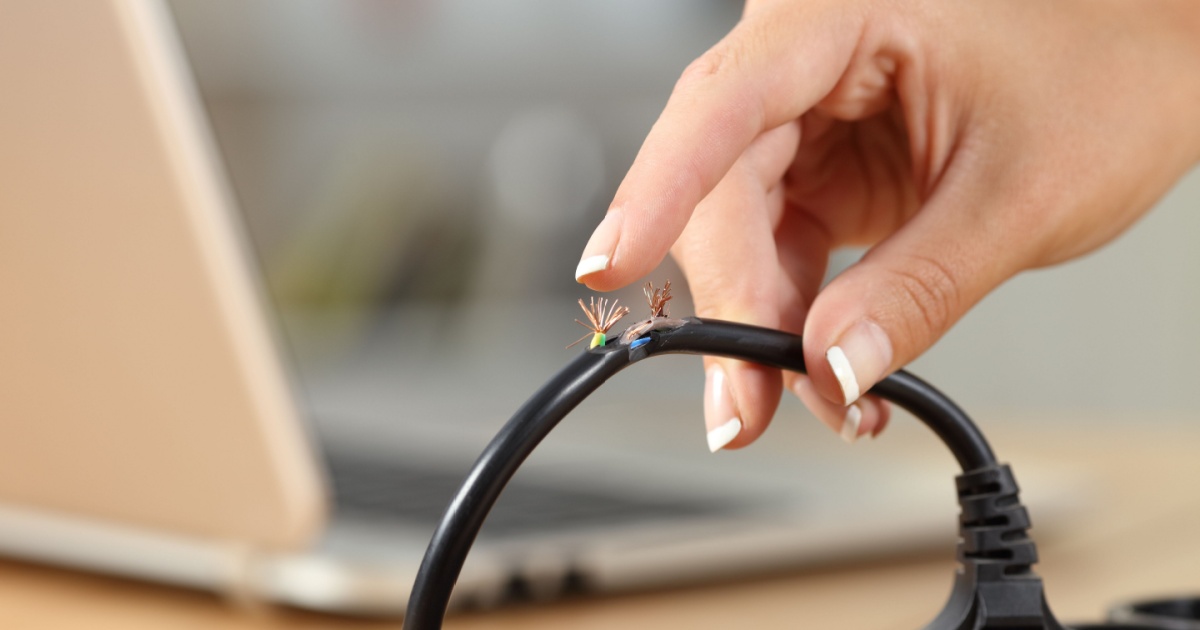
What do you think about these safety tips? Share your thoughts in the comments below! Stay warm and stay safe!

